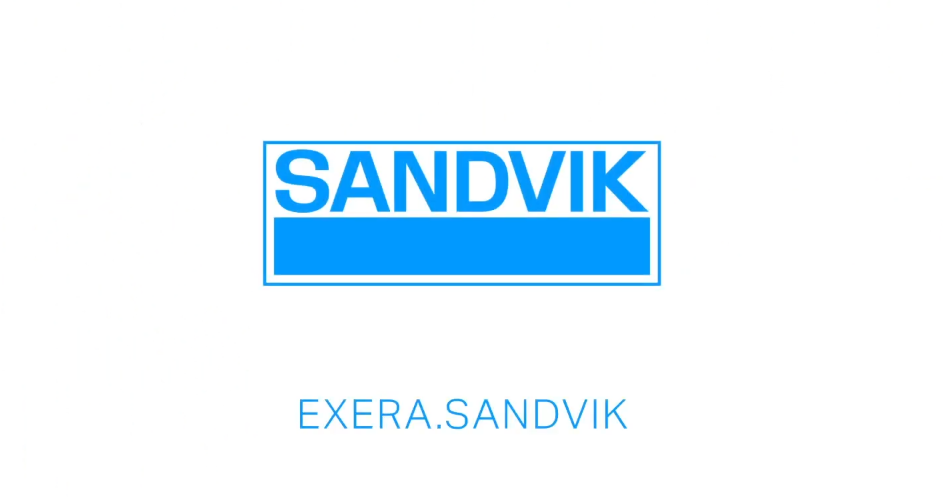
Engineers Without Borders Sweden is a non-governmental organisation that tackles the challenges associated with sustainable development goals, both in Sweden and around the world.
With its engineering expertise from industry and academia, as well as its partners and supporters, Engineers Without Borders continuously works to increase global access to quality education, reduce inequalities, provide sustainable and cheap energy, and ensure clean water and sanitation is accessible to all.
Engineers Without Borders has branches all over the world, and its Sweden-based arm works with partners in the region who share the same vision for a more sustainable and equal future. Its main partner is Sandvik, a Swedish multinational engineering company that specialises in stainless steel production and metallurgy across multiple industries, from mining to medical devices.
Sandvik initiated its long-term collaboration with Engineers Without Borders in order to contribute technical expertise, project management, and international experience to the organisation’s voluntary activities. Engineers Without Borders Sweden is currently carrying out volunteer projects in Kenya, Tanzania, Cameroon, Uganda, Rwanda, Ghana, and Nepal.
First joint project with Sandvik: Wind Power for Tanzania
The “Wind Power for Tanzania” project aims to support the current electricity supply to schools, hospitals, and other essential community facilities, by building and maintaining wind power turbines and installing solar panels in off-grid rural areas in Tanzania.
In remote areas of Tanzania, there is an urgent need for off-grid electricity. There are currently around 1.3 billion people globally that live without access to electricity, representing almost 20% of the world’s total population. Approximately half of these people live in Africa, despite the wealth of resources on the continent.
The project has been also been supported by the KTH Royal Institute of Technology, with students travelling to Tanzania to help build the turbines.
Having regular and reliable energy sources means that schools in remote areas do not have to cease studying when it is dark outside, and students can feel safer in well-lit outdoor areas. For hospitals, the turbine will provide an invaluable power supply backup.
As well as building and helping to maintain these turbines and solar panels, Engineers Without Borders aims to educate local people and help them to communicate with organisations about infrastructure for more cost-effective maintenance.
Sandvik’s partnership with Engineers Without Borders is part of the company’s dedication to sustainability goals. Sandvik laid out four goals to achieve by 2030, along with regularly updated progress reports. This will be done by integrating targets within performance management systems, creating sustainability idea hubs, holding annual sustainability awards to celebrate innovation, updating “The Sandvik Way” governance framework and their Code of Conduct, and ensuring absolute transparency of its progress.
Sandvik custom medical wire components, which fall under its EXERA® brand, is reflective of the company’s commitment to improving lives. Building on years of experience and expertise in metallurgy and process development, these wire components have been used for medical applications such as pacemakers, glucose monitors, and cochlear implants in order to enable patients to regain control of their lives.
For more information about how Sandvik materials and configurations are used in medical applications, visit their website and download the whitepaper below.



